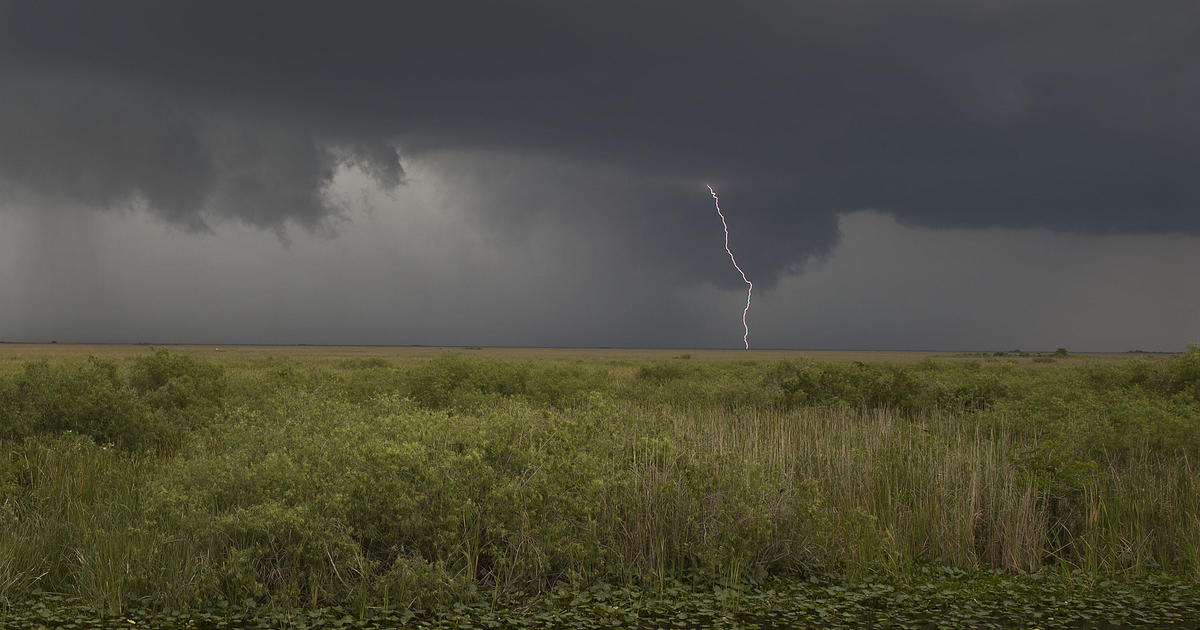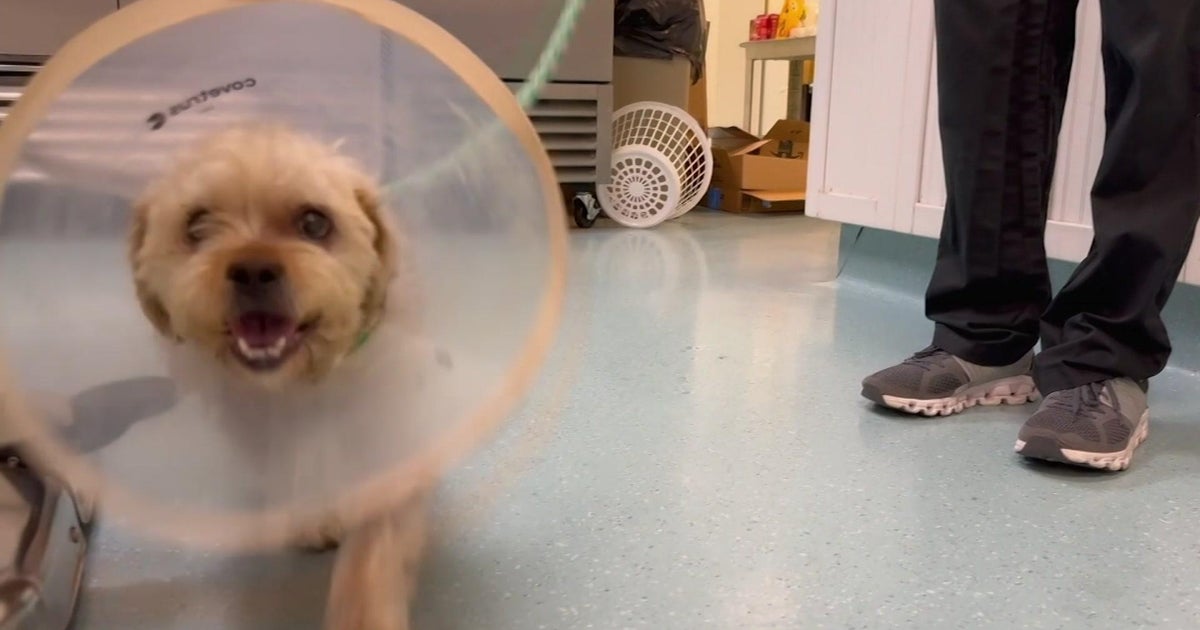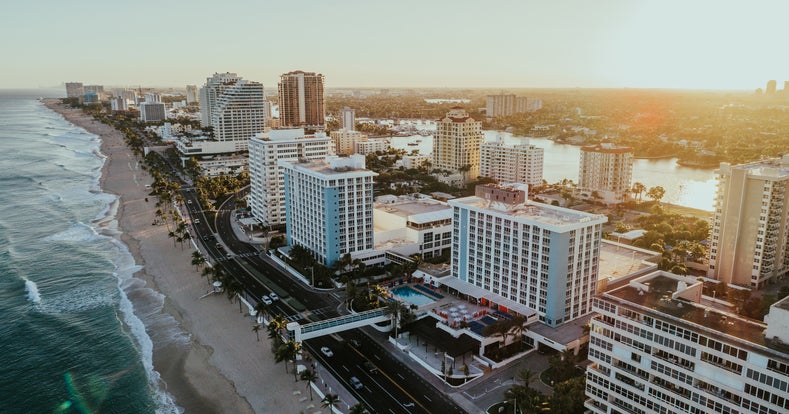U.S. Roads Are In Terrible Shape: Can Taxes Fix Them?

Here's what we know about the state of America's highways and byways:
- Many roads in the U.S. are in desperate need of repairs or upgrades. In 2009 the American Society of Civil Engineers gave our roadway system a D-minus. According to Pew Research, over a third of U.S. roads are in "substandard" condition, and a quarter of our bridges are crumbling.
- Funds for repairs and upgrades come from the federal gas tax.
- The federal gas tax of 18.4 cents per gallon of gasoline and 24.4 cents per gallon of diesel was set in 1993 and hasn't been increased since.
- Thanks to inflation, the federal gas tax now pays for about half the repairs that it did in 1993.
- Although Americans are driving less than they once did, we also have more vehicles in use -- the end result being that U.S. roads see about 3 trillion miles of travel each year, which is roughly equivalent to 8,000 trips across the solar system.
- The federal gas tax can't keep up with the cost of repairing all that wear and tear.
- Something has to change.
Bear in mind that maintaining our roads isn't just about easing traffic congestion and filling potholes. Poor road quality is a huge safetyhazard, and some have suggested it might partially explain the uptick in traffic fatalities we've witnessed in the first half of 2012.
So, what to do? The Wall Street Journal recently posed this same question and offered a few potential solutions to the gas tax problem:
Raise the gas tax? In theory, this is the most straightforward solution, and it's supported by many folks in the auto industry. But of course, raising the gas tax would require getting all of Congress onboard, which wouldn't be easy. Raising taxes is difficult in the best of times, and much more so given America's stop-start economy and the fractious nature of D.C. politics.
Tax oil? Taxing barrels of oil isn't all that different from taxing gallons of gas. However, an oil tax might be easier to institute because it's not aimed directly at consumers. Those consumers would, of course, end up paying the tax in the long run, but by moving the tax further back in the consumption cycle, its impact would be less visible (and maybe more palatable) to Everyday Joes and Janes.
Tax roads? Many states already do this with toll roads, bridges, and so on. The improvement on toll roads is very visible to motorists, and the cost could be an incentive for some folks to drive less, which would reduce congestion. However, creating toll roads involves instituting pay stations, toll tag programs, and other expenses, which would eat into revenue.
Tax miles the miles people drive? While this hasn't been instituted by any states just yet, it's already being done by auto insurers via "pay-as-you-drive" discounts. Progressive's Snapshot program, for example, uses a simple onboard device to track customers' driving habits, including the distance they travel each month. Drive less, and generally, you pay less. The technological hurdles of instituting this kind of program at a national level are daunting, but some have proposed a workaround by putting states in charge of the tax, with odometer checks (and subsequently, tax assessments) conducted during annual auto inspections. In fact, last year, the Congressional Budget Office suggested that a pay-as-you-go system could be the most effective way to maintain tax revenues down the line.
Tax cars? There are over 250 million passenger vehicles registered in the U.S. Adding a tax of $4 per year for each of those vehicles would generate an additional $1 billion in revenue, but like all taxes directly targeted to consumers, it wouldn't be a popular move.
Peg the tax to inflation or some other rate? Modifying the gas tax so that it's pegged to another cost might not be seen as "adding" a new tax but "restructuring" an existing one, which could go over better with voters. The question is: how would it work best? Some suggest making the tax move up (and down) in direct correlation to inflation or the Consumer Price Index, though there are a lot of possibilities -- and few provide stable, consistent revenue.
It's a given that U.S. roads have to be maintained, and it's also a given that our government is responsible for maintaining them. How would you suggest we solve this growing problem? Share your thoughts in the comments below.
—————————————————
This article originally appeared on The Car Connection.



